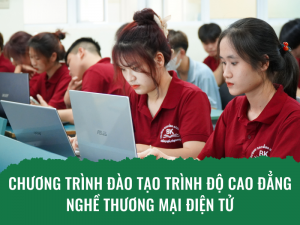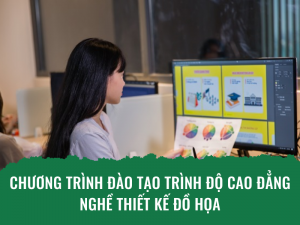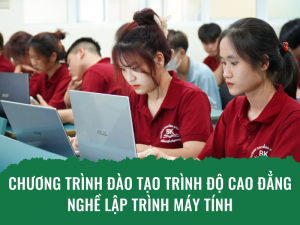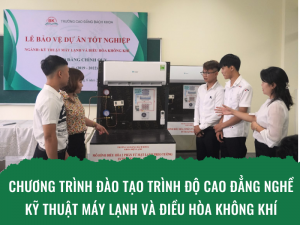1- Professional knowledge:
- Describe the position and role of the Hospitality business in the tourism industry and the characteristics of the hotel operation, its impact in terms of economy, culture, society and environment;
- Present the organizational structure, positions, roles, functions and duties of the departments in the hotel; the relationship between the departments in the hotel and propose measures to improve the quality of hotel services;
- Describe the basic business processes of the hotel: front desk service, room service, restaurant business and food processing;
- List the main types of equipment and tools at the hotel and their function ;
- Present the principles and process of management in general, management of people, assets, finance, hotel marketing management in particular;
- Present hotel service quality standards and quality assessment methods;
- Describe the process of planning, organizing, implementing, monitoring, checking and evaluating work results at all parts of the hotel;
- Present the principles of ensuring security and safety, explain the reasons for complying with the regulations on security and safety in the hotel to identify risks and preventive measures;
- Build confidence in handling work.
2- Professional skills:
- Communicate well with customers in Vietnamese and English, in accordance with the requirements of serving guests at the reception, rooms, restaurants or conference areas; take care of customers and deal with customer complaints effectively;
- Correct and safe use of hotel equipment;
- Properly follow the customer service process at the work positions of the reception department, rooms, restaurants or conference and seminar areas according to the hotel’s standards;
- Lead or participate in the development of a number of departmental plans such as: marketing plan, personnel plan, equipment and tool procurement plan, conference, seminar or event organization plan ;
- Make reports, draft internal documents, common hotel contracts;
- application of hotel management software in daily work;
- Effective time management;
- Analyze and evaluate the business results of the accommodation, catering, conferences, seminars and discover the causes and propose solutions to improve business results. business;
- Form working groups and manage group activities.
3 – Job opportunities
After graduation, learners are able to take on a position of receptionist, restaurant staff, and conference service staff. Depending on personal ability, practical experience, working environment and type of hotel, learners have the ability to take on higher working positions such as supervisor of the reception department, room, restaurant or small hotel manager.












 TIKTOK
TIKTOK